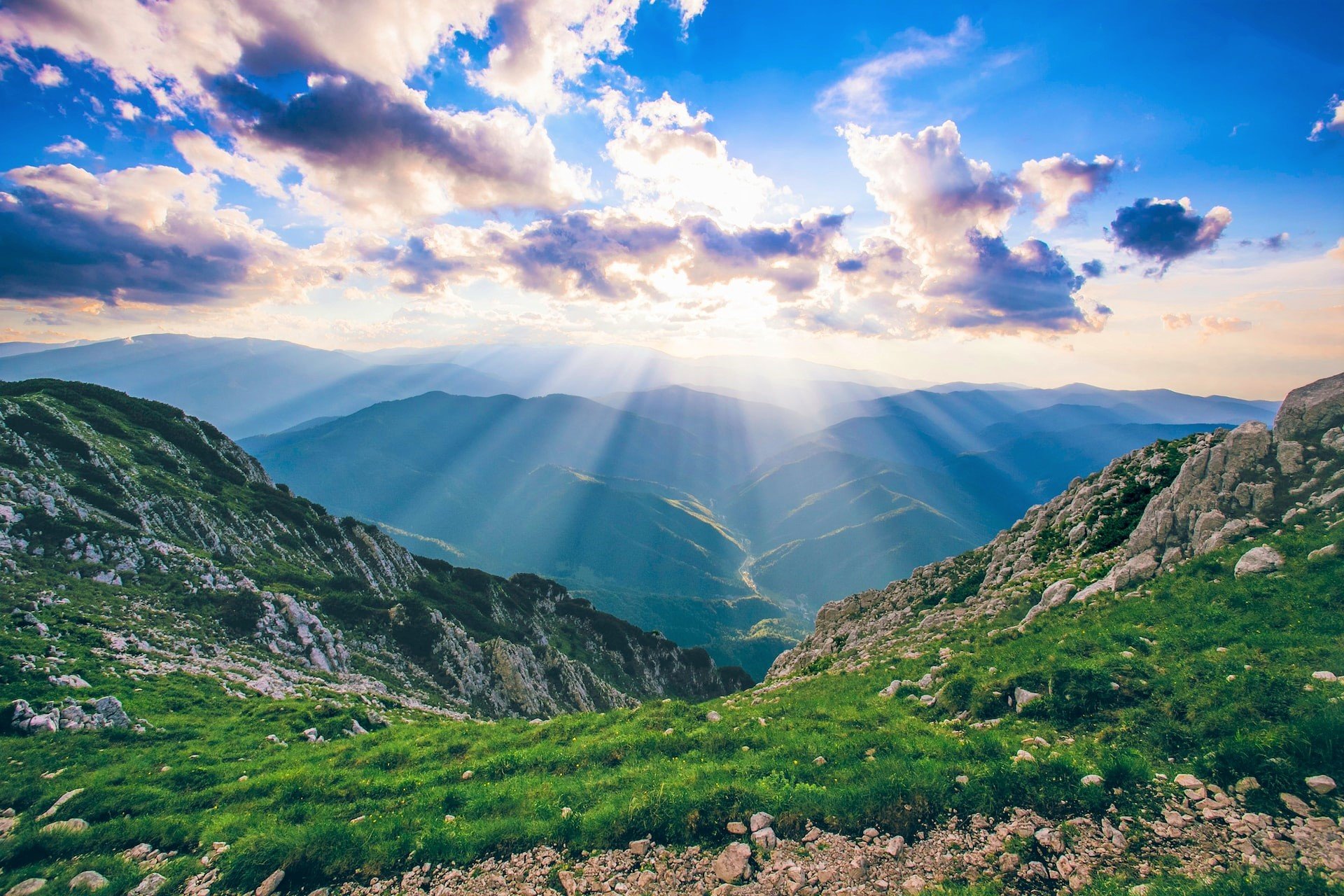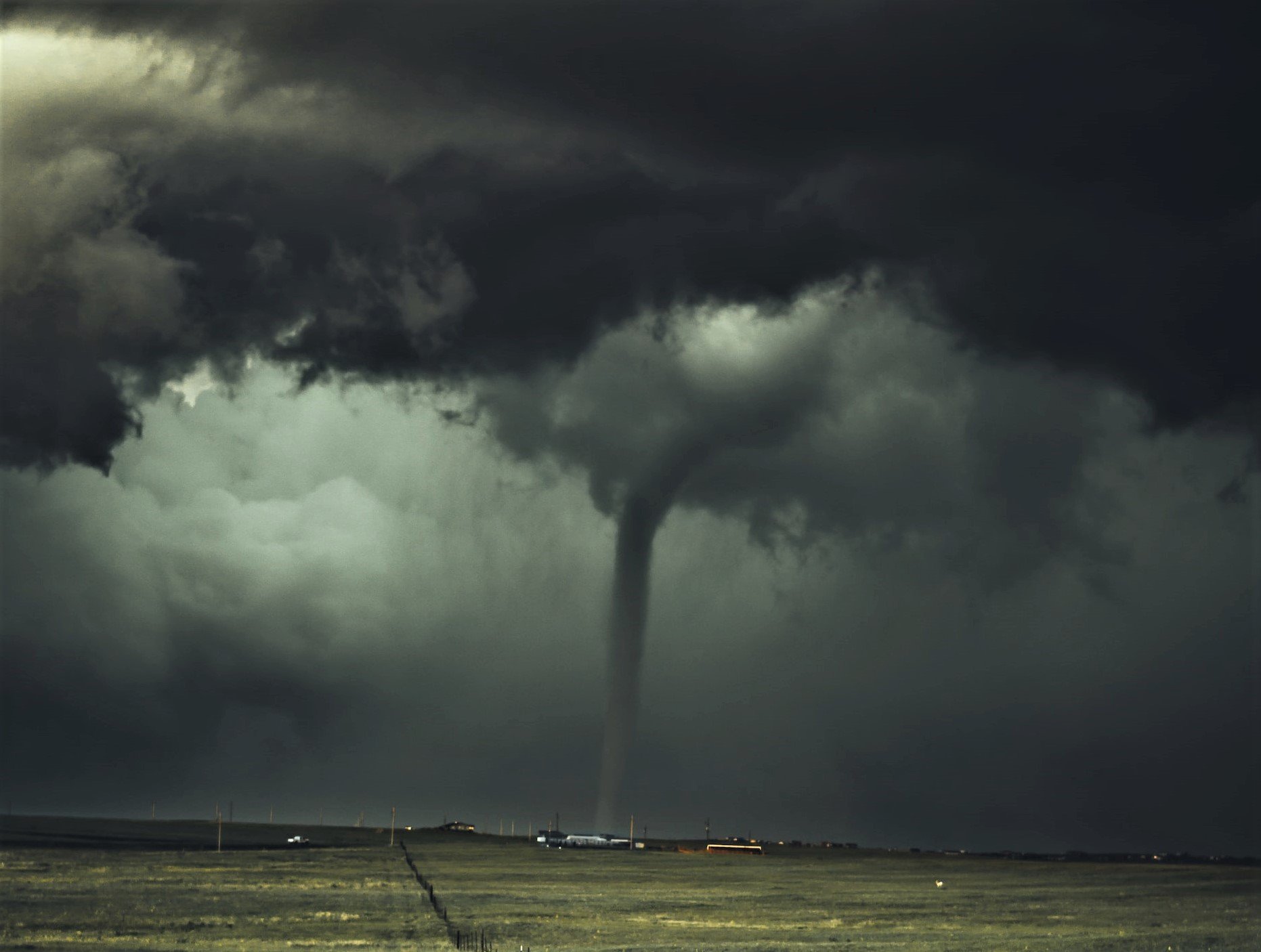Animals
New Limits on Live Animal Exports
Germany’s Federal Ministry of Agriculture and Food recently announced the cancellation of all veterinary certificates for the export of live cattle, sheep and goats to countries outside of the EU for breeding purposes, effective July 2023. Veterinary transport certificates for all animals for fattening and slaughter from Germany to countries outside of the EU have already been cancelled. Federal Minister Cem Özdemir said the government is aiming to improve the welfare of animals during transport. “All of us can no longer watch animals suffer or die in agony during long transport,” Ozdemir said. He continues to press for more stringent rules inside the EU too.
Food
Chefs Bullish on Cultivated Meat
A new survey shows a large majority of US chefs are willing to serve cultivated meat to their customers. Cultivated meat (real meat grown from animal cells in a bioreactor) does not come from slaughtered animals. The Israeli food tech company SuperMeat surveyed 251 US chefs, spanning fine dining to fast food, and found that 86% would consider serving cultivated meat—with food safety, environmental benefits and customer demand being the top motivators. Most said high prices could be a barrier but that they would pay a premium of up to 20% to introduce it to customers. In a milestone, cultivated chicken has just been approved by the US FDA.
the Climate Crisis
A Climate Primer for Everyone
If you are struggling to keep track of the complexities of climate science, there is a new primer to help out. The IPCC Sixth Assessment Report on Climate Change is a detailed, science-based, lengthy analysis of the climate crisis, but few of us will have read it. The report by 234 authors from 64 countries assessed the current state of the climate, how it is changing and the role of human activity. But now a new summary means we don’t have to be climate scientists to follow along. Climate Change for All, a 16-page summary of the Sixth Assessment Report produced by the IPCC, uses plain language, easy to understand graphics, cartoons and FAQs.
words of wisdom
“Most of the time, most of the media obsesses over issues of mind-numbing triviality ... At the same time, issues of immense–even existential–importance are largely or entirely ignored. With the exception of all-out nuclear war, all the most important issues that confront us are environmental. None of our hopes, none of our dreams, none of our plans and expectations can survive the loss of a habitable planet.”
— Environmentalist, George Monbiot
“Hope is a verb … People are so obsessed asking, ‘Is there hope, otherwise we won't be able to do anything,’ when it's exactly the opposite. When we actually do something, we will create the hope that we need.”
— Climate activist, Greta Thunberg
perspective
Hope and Progress Are Tied Together
With progress comes hope and with hope comes the spark for progress. In this, our last newsletter before we transition to a new blog-only website, we look at some of the progress that has been made to help people live more sustainably—the wins and successes we need to celebrate and that give us hope.
Mainstream Media
One of the main reasons we founded Planet Friendly News four years ago was to help bridge the gap between what was being covered in the media and what people needed to know in order to live more sustainably. That gap is closing fast. Media all over the world are now addressing the climate crisis—following the science by linking it to extreme weather events and telling the stories of the toll being exacted on humanity by floods, fires, hurricanes, extreme heat and drought.
And it has led to widespread acceptance that the climate is in crisis and created support for action by governments, corporations and individuals—vital progress if humanity is to preserve a habitable world.
Even the cow-shaped elephant in the room—acknowledgment of the significant contribution of industrialized animal agriculture to the climate crisis has begun. And, signalling a further shift, stories about new food technologies and animal welfare concerns are also starting to appear.
Food
We know that what we eat impacts the environment but some products are more damaging than others. Multiple studies have shown that raising animals for food—be it meat, eggs, or milk—is much more harmful than growing plants. And with global demand for meat set to almost double by 2050, we need new ways of satisfying the world’s protein requirements while reducing pressure on the planet.
The progress in developing alternative sources of protein with a fraction of the emissions, pollution and land use of industrial animal agriculture, offers great hope—whether it’s precision fermentation, plant-based alternatives or cultivated meat (real meat made from animal cells and grown in a bioreactor).
In a historic milestone, the US FDA recently ruled that UPSIDE Foods’ cultivated chicken is safe to eat. This paves the way for consumers who desire more sustainably made chicken to access these products in US restaurants and retail. The company still requires USDA approval but it’s a major step forward in the bid to produce what could be an ethically and environmentally superior form of meat.
And a growing number of nations are embracing and investing in emerging technologies in the alternative protein sector. Studies show that governments cannot meet the Paris emissions targets without addressing the climate impacts of conventional animal agriculture.
Animal Welfare
Here, too, we are seeing distinct shifts in people’s attitudes, politicians taking the issues more seriously, and people and consumers rising up, demanding better.
Here’s a selection of ‘wins’:
In 2019, Canada ended the captivity of whales and dolphins and banned performances for entertainment.
By 2023, the Whale Sanctuary Project in Nova Scotia will be the first permanent seaside sanctuary in the world for once-captive beluga whales and orcas who cannot be safely returned to the ocean.
Animals farmed for food (land and marine) number in the billions and trillions respectively and are subject to the worst abuses—especially in richer nations—with very little, if any, legal protection. Still, there have been slow, incremental commitments on the part of industry to improve conditions such as phasing out gestational crates for sows and cages for egg-laying hens (more than 2,300 companies now have cage-free commitments across the world).
The World Federation for Animals also recently published a list of wins for 2022 including:
Bans on culling male chicks in Germany, France and Italy.
The USDA must now report all animal welfare violations of which it becomes aware.
Denmark banned the production of cage eggs, Spain’s slaughterhouses must now install video cameras, and the Humane League is challenging the legality of fast-growing broiler chickens.
Australia is phasing out battery caged eggs, and New Zealand is banning live animal exports for breeding.
World Trade Organization members have agreed to curb fishery subsidies, Iceland will no longer issue new quotas for whaling, a global seafood certification will introduce new welfare standards—including humane slaughter for fish, and the UK’s new animal welfare law recognizes animal sentience including for certain marine animals.
The UN adopted a resolution that recognizes a role for animal welfare in environmental protection, the One Health approach, and sustainable development.
Photo: Daniel Aufgang CC BY 3.0 via Wikimedia Commons
And, despite a significant overall decrease in biodiversity, wildlife populations can recover. Half of all vertebrate populations are increasing thanks in part to conservation efforts e.g., the number of mountain gorillas in central Africa’s Virunga Mountains has grown from 480 in 2010 to more than 600 today. Check out the Wildlife Comeback Report.
Many of these policy developments are the result of work done by advocacy groups showing that pressure can create progress and change. And there are millions of people working around the world to increase that pressure to ensure our planet remains habitable for all.
That, alone, is reason for hope and will ensure progress.
deeper dive
Sunrise or Sunset: Realistic Optimism vs Climate Despair
Is the photo above a sunrise or a sunset? Our binary brains love a black and white, either/or choice when faced with complex problems. Our “climate doomerism” response to the climate crisis risks falling into this mind trap, amplified by the lack of real progress at COP27. But two respected experts offer road maps to find a way forward.
Most complex issues are not solved with either/or solutions but play out as a series of choices across a spectrum. It’s usually a matter of degrees—especially for the climate crisis where every tenth of a degree of global heating avoided is a victory.
Climate despair is a luxury we cannot afford argues respected author, historian and activist Rebecca Solnit. She persuasively argues that both “doomerism” and unfounded optimism, two opposite extremes, are the enemies of action and progress.
Solnit says that when you embrace hope, you challenge its opposites and opponents: despair, defeatism, cynicism and pessimism. And even unfounded optimism.
“What all these enemies of hope have in common is confidence about what is going to happen, a false certainty that excuses inaction. Whether you feel assured that everything is going to hell or will all turn out fine, you are not impelled to act,” Solnit explains.
Solnit is offering hope to those consumed by climate doomerism, as co-founder of a climate information project called nottoolateclimate.com. With perspective, one can overcome despair and take action.
“If you do not take the long view, you cannot see how campaigns build, how beliefs change, how what was once thought impossible or outlandish comes to be the status quo, and how the last half-century has been an extraordinary period of change for society, beliefs and values. Today may seem the same as yesterday, but this decade is profoundly different from the last.”
The prominent environmental scientist at Oxford University, Dr. Hannah Ritchie offers a formula for informed optimism to help drive change.
“People mistake optimism for “blind optimism”—the blinkered faith that things will always get better,” Ritchie says. “Blind optimism really is dumb. And it’s not just stupid, it’s dangerous. If we sit back and do nothing, we will not make progress.”
Ritchie argues that realistic optimism is the answer—seeing problems as challenges that are solvable, refining solutions through constructive criticism and having the confidence to do things that can make a difference.
Optimists are the ones that move us forward and are the innovators willing to take risks. But pessimism blocks solutions. If we always believe that the worst will happen, then what’s the point in starting? If any action is going to fail, we should stick with the status quo.
Ritchie says that it is possible to solve our environmental problems.
“Climate scientists certainly think so. They are often less pessimistic than the general public, which is a new and odd disconnect. They have children and believe that they have a future worth living for. They continue to push for action and solutions every day. Few accept that humanity is doomed.”
Ritchie says that if we are serious about tackling the world’s biggest problems, we need to be more optimistic.
“We need to believe that it is possible to tackle them and lean in—critically—to the things that will make that vision a reality. There are countless examples—from poverty and health to technology and the environment—of positive change. Rapid change, too. We should be impatient about changing them faster.”
Animal Welfare
TV Covers the problem with zoos
The best hope for captive animals in Canada lies in the proposed Jane Goodall Act currently before the Canadian Parliament. If passed, it would restrict the ownership of more than 800 species of wild animals in Canada while effectively ending roadside zoos. Animals in captivity are coming under increased scrutiny including a recent national network TV program which covered a recent investigation by animal advocate organizations World Animal Protection and Animal Justice documenting animals suffering in confinement. Dr. Goodall said, “So many [animals] are in desperate need of our help and the Jane Goodall Act establishes protection and support for animals under human care. It is a monumental step forward for animals, people, and the environment. I am honoured to lend my name to this world-leading legislation."
Good news
Plant-Based Food Savings
Consumers all over the world have been struggling with higher food prices but food shoppers in Canada have benefited from some substantial price drops in one category—fresh fruits and vegetables. According to Dr. Sylvain Charlebois, director of the Agri-Food Analytics Lab at Dalhousie University, low prices include broccoli -19%, peppers -30%, oranges -14% and tomatoes -27%, compared with January 2022. So, we can eat our veggies and save money too.
Individuals CAN Help Stave Off the Climate Crisis
The debate about whether there’s any point in individuals trying to do something to solve the climate crisis if government and corporate policies to limit emissions from energy, agriculture and other sectors don’t change, misses the point. Every fraction of every degree of warming we prevent by curbing GHG emissions matters, experts say.
"We should all be the most responsible citizens we can be in every sense of the word and contribute to a sustainable existence on this planet," University of Pennsylvania climate scientist Michael Mann told the CBC. He said that means, in part, minimizing our carbon footprints as individuals.
The United Nations Act Now campaign for individual climate action has many suggestions including changing our usage of energy and transportation and consumption of food.
Elizabeth Robinson, director of the Grantham Research Institute on Climate Change and the Environment, also sees tweaking diets as a solution and one which would help stop deforestation too. Trees absorb carbon dioxide from the atmosphere and yet they are continually being cleared to create land for grazing livestock which then add to GHG emissions.
Individuals can also divest from fossil fuel companies in retirement plans, join campaigns for climate action, and lobby government officials to pass environmentally sustainable policies.
charting our path
Changing food and agricultural systems are central to our efforts to tackle climate change, reduce water stress, reduce pollution, restore lands back to forests or grasslands and protect the world’s wildlife.
According to Our World in Data at the University of Oxford, here are some of the main environmental impacts on a global basis:
Food accounts for over a quarter (26%) of global greenhouse gas emissions
Half of the world’s habitable (ice- and desert-free) land is used for agriculture
70% of global freshwater withdrawals are used for agriculture
78% of global ocean and freshwater eutrophication (the pollution of waterways with nutrient-rich pollutants) is caused by agriculture
94% of mammal biomass (excluding humans) is livestock. This means livestock outweigh wild animals by a factor of 15-to-1
riveting reads
1. New revelations unmask the funding behind a scientist who is a prominent defender of the meat industry (The New York Times). He’s an Outspoken Defender of Meat. Industry Funds His Research, Files Show
2. A briefing on how the livestock industry influences policy makers to stop or slow down measures designed to reduce the impact of raising meat on the climate crisis (The New Republic). How the Meat Industry Undermines Effective Climate Policy
3. A rare look at the food system changes that are needed to address the unfolding disaster that is Avian flu (Sky News). Time for rethink on farming poultry as experts warn bird flu has slipped 'through our fingers'
4. A delicious compromise could deliver all the benefits of consuming less meat without having to give it up (The Guardian). How can we cut soaring demand for meat? Try a hybrid burger
5. Loaded with tips on how to eat healthier—for you and the planet (The Guardian). Eat mushrooms, cut down on meat and use the microwave: the best diet for you and the planet













